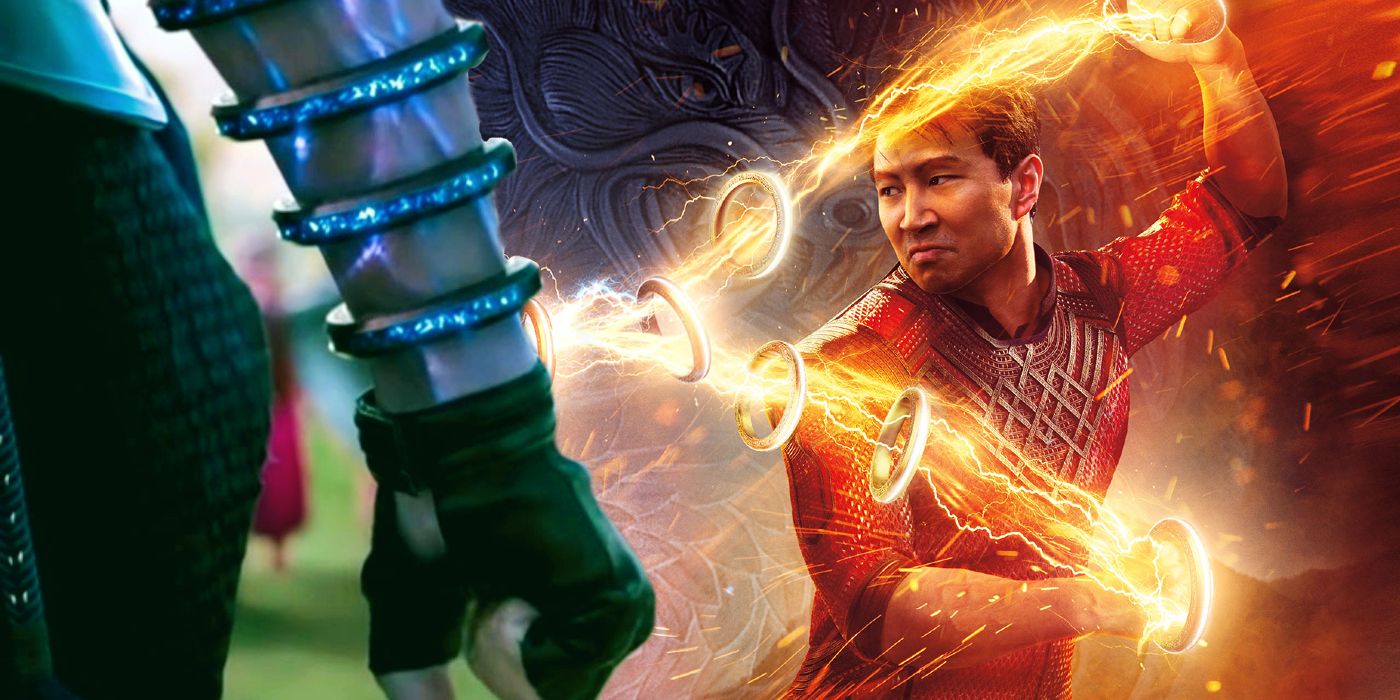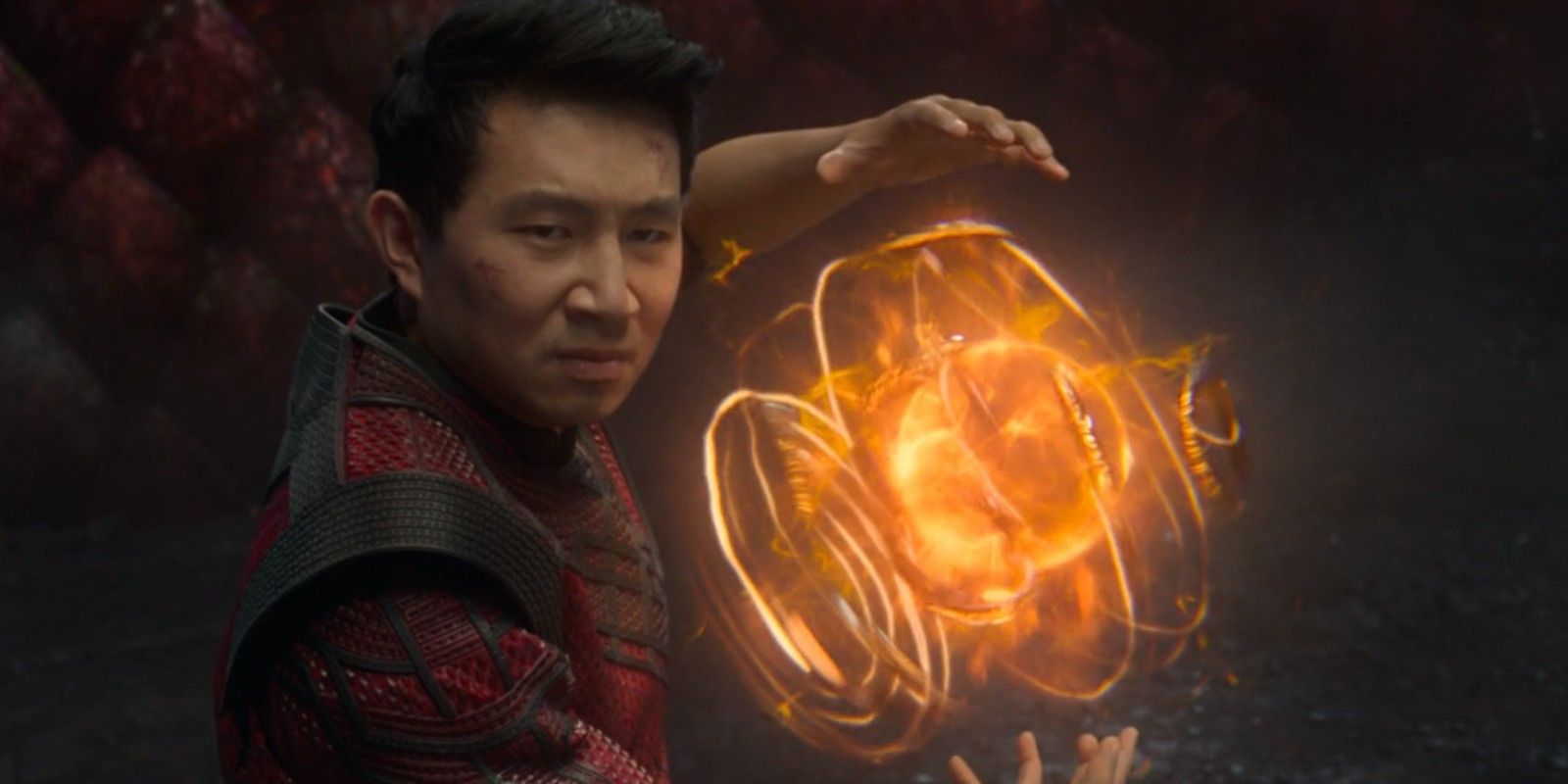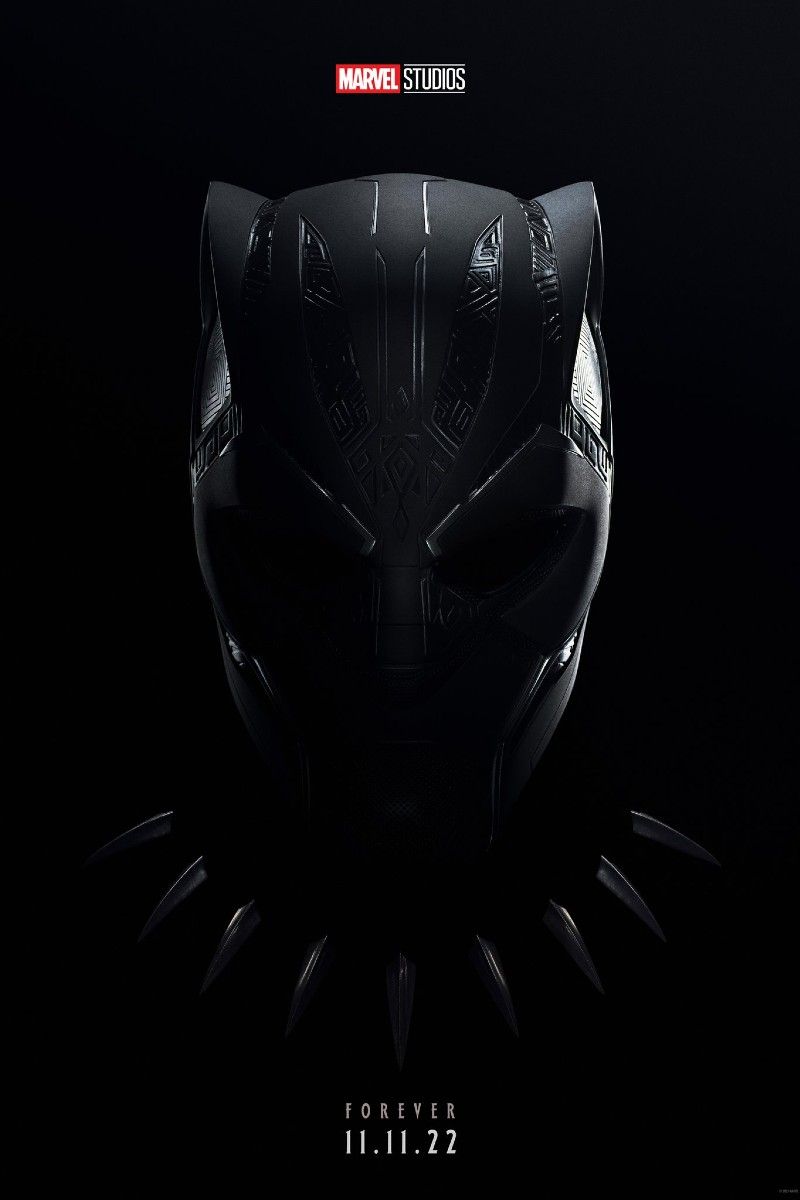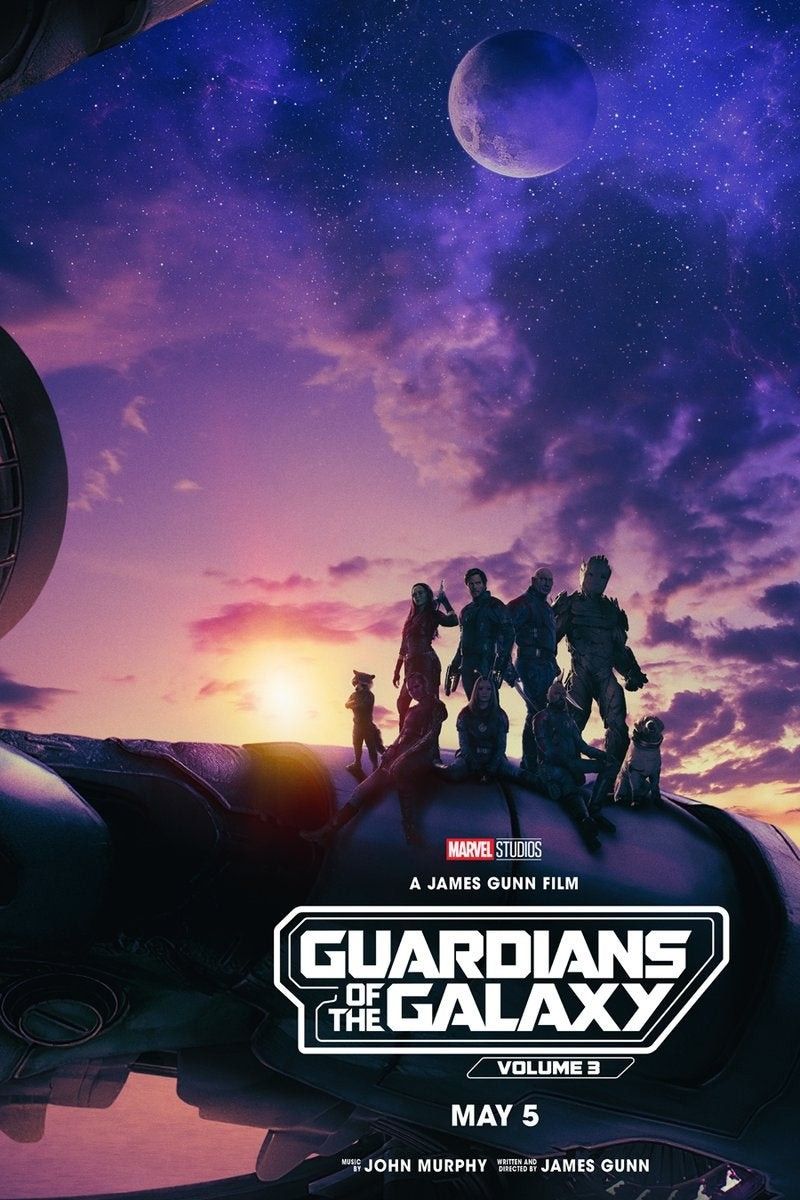WARNING: This article contains SPOILERS for Shang-Chi And The Legend Of The Ten Rings
It's good that the origin of the titular Ten Rings is not included in Shang-Chi And The Legend Of The Ten Rings. In an interview with Inverse, screenwriter Dave Callaham explained that two scenes were shot to depict the origins of the powerful artifacts. However, this exposition was not included in the final cut – a decision that ultimately improved the movie as a whole.
In Shang Chi And The Legend Of The Ten Rings, the Rings can create blasts of energy and be telepathically controlled as extensions from the arm. In addition, they grant their users enhanced strength and immortality, which is what allows Xu Wenwu to be able to establish the Ten Rings organization for as long as he did. The Rings also emit colors that reflect the user's distinctive personality. While Wenwu's is a chaotic blue, Shang-Chi's is a calm and graceful orange.
There isn't much backstory given about the Ten Rings in Shang-Chi And The Legend Of The Ten Rings beyond their discovery and capabilities. But going by Callaham's statement, it's apparent that everyone working on the film had originally intended to show more. As it stands, however, it's a good thing that the Rings' origin was set aside, at least for the time being. Including it would've likely taken away from the initial intrigue surrounding them as well as distracted from the film's main plotline, which is the conflict between Shang-Chi and his family. While some fans may have wanted more exposition, this approach helps the Rings retain their mystical, legendary status.
Wenwu's conflict with both Shang-Chi and Xialing in Shang-Chi And The Legend Of The Ten Rings is what drives the film and is at its emotional core. As such, there is no real reason for the origin of the Ten Rings to be featured. The film's main focus was not on the Rings, so to include the origin (especially in a mid-credits teaser as Callaham confirms) would feel a bit unnecessary. Besides that, Shang Chi's ending involving the Dweller in Darkness already arguably takes away from the main familial conflict to an extent, so to include the origins of the Rings would definitely be overkill.
Not only does cutting the origins of the Ten Rings help Shang-Chi And The Legend Of The Ten Rings develop its family conflict, but it also grants the MCU the perfect setup for a sequel. In the comics, the Rings came from the Makluans, and were retrieved by the Mandarin from one of their crashed ships. Reworking and exploring this in Shang-Chi's sequel would make for a compelling story and help set up the Makluans as future villains. Doing this may also lead to the introduction of the iconic Marvel villain, Fin Fang Foom.
Not including the origin in Shang-Chi And The Legend Of The Ten Rings is a good choice. It helps retain substance to the mystery of the Ten Rings that the possible upcoming sequels can explore. Fans now have much to look forward to because this choice was made.







